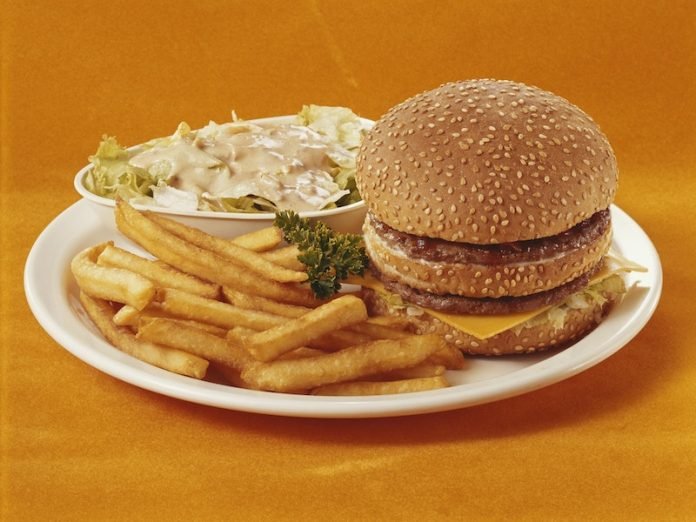
High blood pressure, also known as hypertension, is like an invisible enemy.
You might not feel anything, but it can cause harm to your body over time.
Imagine your heart as a pump, and your blood vessels are the pipes that carry blood throughout your body.
When your heart pumps blood too hard, it creates high pressure in your blood vessels, just like too much water running through a garden hose.
Over time, this high pressure can cause damage to your blood vessels and heart, which can lead to heart attacks and strokes.
What Is Primary Aldosteronism?
There’s a type of high blood pressure that has a fancy name: primary aldosteronism.
This is a condition where the adrenal glands, which are small glands located on top of your kidneys, make too much of a hormone called aldosterone.
This hormone controls the amount of salt and water in your body. If you have too much aldosterone, your body will keep too much salt, which can lead to high blood pressure.
Why Is Salt a Big Deal?
You might think salt is just something we add to our food for taste, but it does more than that. When we eat too much salt, it can make our body hold on to more water.
This extra water raises our blood pressure. In people with primary aldosteronism, their bodies are already holding on to too much salt because of the extra aldosterone.
This means that if they eat too much salt, their blood pressure can get even higher.
How Is Primary Aldosteronism Treated?
Doctors often prescribe medicines called mineralocorticoid antagonists to people with primary aldosteronism. These medicines can help lower the amount of aldosterone in the body. However, these medicines alone can’t get rid of the higher risk of heart problems that people with primary aldosteronism have.
The Salt CONNtrol Trial: What Did It Do?
Given all of this, scientists wondered: could eating less salt help people with primary aldosteronism? To find out, they conducted a study called the Salt CONNtrol trial.
In this study, they asked 41 people with primary aldosteronism to cut down on the amount of salt they eat every day.
What Did They Find?
Here’s the great news: the people in the study who ate less salt saw their blood pressure go down. Not only that, but they also felt less sad and depressed.
Even better, there weren’t any bad side effects from eating less salt.
How Did They Do It?
You might think that it’s hard to eat less salt. After all, so many of our favorite foods have a lot of salt in them. But the people in this study had a secret weapon: a smartphone app.
This app helped them stay motivated to keep their salt intake down.
What Does This Mean?
Dr. Christian Adolf, one of the scientists involved in the study, was very excited about the results.
He said, “Our study shows that eating less salt is possible when you have the right tools, like our smartphone app, and it can really help lower blood pressure in people with primary aldosteronism.”
So, the next time you’re about to shake some salt onto your meal, think about this: a little less salt might just do your body a lot of good, especially if you have a condition like primary aldosteronism.
The Salt CONNtrol trial has shown us that even small changes, like eating less salt, can have big benefits for our health.
If you care about blood pressure, please read studies that drinking coffee can keep high blood pressure at bay, and which blood pressure number predicts dementia, and stroke risk.
For more information about blood pressure, please see recent studies about unhealthy habits that could increase high blood pressure risk, and results showing how to cut heart attack risk by half in people with high blood pressure.
The study was published in the Journal of Internal Medicine.
Copyright © 2023 Knowridge Science Report. All rights reserved.



